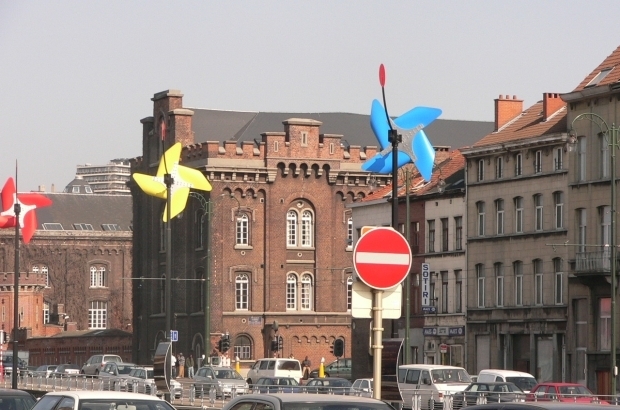- Daily & Weekly newsletters
- Buy & download The Bulletin
- Comment on our articles
Molenbeek seeks €12 million for alternative to Capital of Culture
After missing out on the title of European Capital of Culture 2030, action group Molenbeek 2030 is looking for €12 to €15 million in funding for what it has called a "Plan B".
The organisation is asking the Brussels region for financing and is initially looking to the six parties negotiating a multi-year budget.
Namur and Leuven were also in the running for the title and the jury ultimately chose Leuven.
A jury report revealed that political uncertainty played a role in Molenbeek’s candidacy: not all financial concessions were certain, and the jury panel "also took into account the risks associated with the absence of a government in Brussels and the instability that this entails".
That uncertainty remains, but the Molenbeek 2030 project organisers said they had submitted a Plan B to the Brussels government in charge of current affairs.
“This amounts to the realisation of about a third of our original plans,” co-project leader Jan Goossens told Bruzz.
Goossens described it as a “best-of version of the project in which the major themes and partnerships will remain intact” and said the financing could be spread over time.
“That means €4 to €5 million per year, spread over the next three years,” Goossens said.
“After all, we don't have to wait until 2030 to hold the events. 2029 is also an option, as that’s when the region will celebrate its 40th anniversary.”
A spokesperson for Brussels minister-president Rudi Vervoort (PS) told Bruzz that the current government does not want the work behind the initial project to be in vain: “The momentum must not be lost. The cooperation that has been launched must continue to inspire us and permeate the entire region.”
One source indicated that the continuation of the project has not yet been discussed at the negotiating table, and that financial support for Molenbeek 2030 would fall under the policy area "The Image of Brussels" in the budget.
“It’s time to make a decision – the politicians already received our proposal in mid-October,” Goossens said.
“Either they commit to continuing a positive and promising project that has proven to be necessary in Brussels and in which a lot of energy has already been invested, or they let it bleed to death. With the cuts that are coming, Brussels could use a positive story.”


















